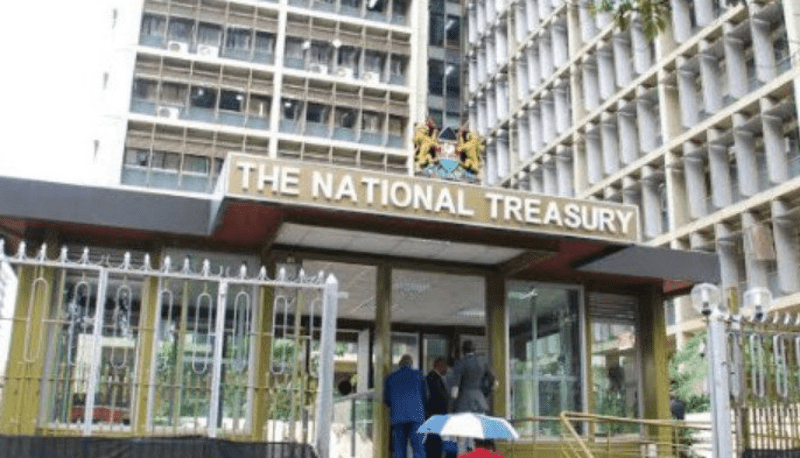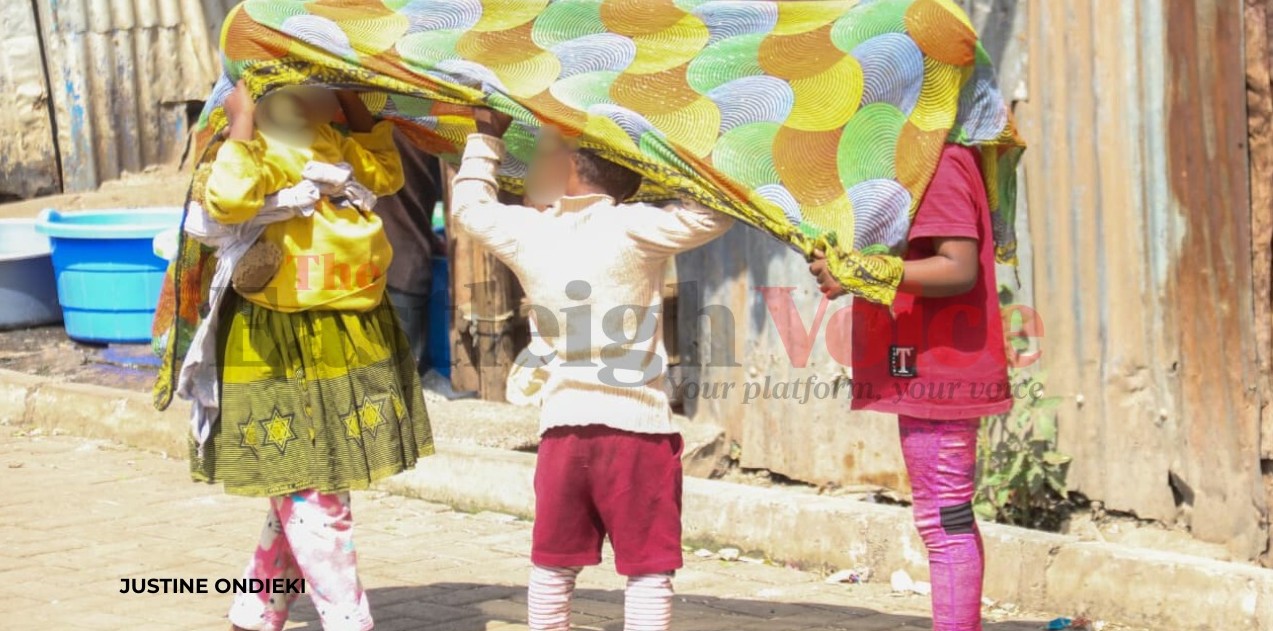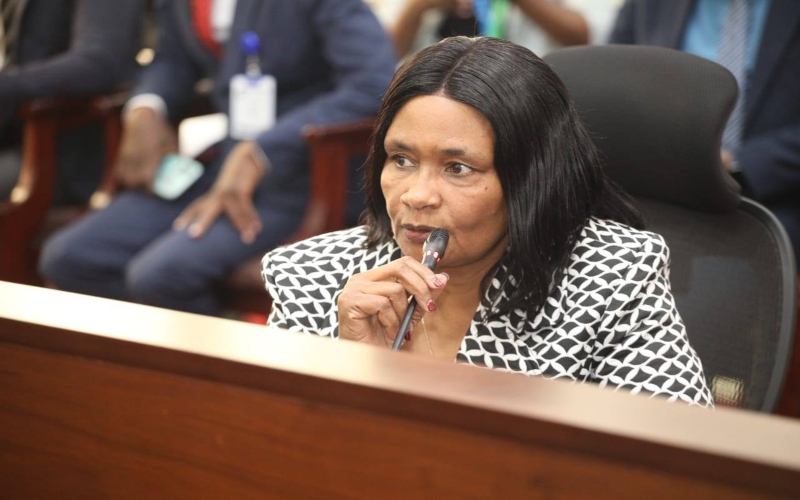National Treasury under fire over Sh2.3 billion tax exemption scandal

The committee's report highlighted the flawed process of granting these tax exemptions.
The National Treasury has been put in a spot following revelations that officials unlawfully granted a special operating framework agreement (SOFA) to Blue Nile Rolling Mills Limited, resulting in a Sh2.31 billion loss in tax exemptions.
A parliamentary committee is now calling for a full investigation and potential charges against those involved.
More To Read
- World Bank warns political interference weakening Kenya’s state-owned enterprises
- Treasury CS John Mbadi defends ballooning State House budget
- Ndindi Nyoro questions government’s decision to sell 15 per cent Safaricom stake
- Government cuts funding to merged, dissolved state corporations
- MPs push for urgent funding boost for Auditor General’s office
- Treasury under fire for using Sh2.67 trillion in domestic loans on recurrent spending
The Delegated Legislation Committee of the National Assembly, which made the findings, noted that the SOFA had been approved by the Cabinet secretaries for National Treasury and Trade, despite serious concerns about the legality of the agreement.
The committee, chaired by Ainabkoi MP Samuel Chepkong'a, based its conclusions on data from the Kenya Revenue Authority (KRA) and its own investigation into the circumstances surrounding the deal.
The committee's investigation revealed that between January 21, 2020, and July 2024, the government lost a total of Sh2.31 billion in tax exemptions granted to Blue Nile Rolling Mills.
This includes significant losses in Value Added Tax (VAT), Import Declaration Fees (IDF), and Railway Development Levy (RDL).
In addition, it was uncovered that from August 2024 until 2030, the government could lose an additional Sh4.82 billion, depending on the company's continued operations in Kenya.
"The exemptions under the East African Community (EAC) duty remission scheme were granted without any evidence of an application, clearly indicating that the exemption was unprocedurally and unlawfully granted," the committee report states.
This, the committee argued, violates several key principles of public finance, as well as constitutional requirements for transparency and accountability.
Breached the Competition Act
The report also revealed that the SOFA's terms are in breach of the Competition Act, as it unfairly disadvantaged other industry players.
Blue Nile Rolling Mills, a company that manufactures galvanised wire and steel products, was granted tax exemptions including a reduced corporate tax rate of just 10 per cent for five years, expiring in December 2024, VAT exemptions on project inputs, and waivers on IDF and RDL.
Further concerns were raised about the constitutionality of certain clauses within the SOFA, particularly its confidentiality clause, which the committee argued violates Article 35 of the Constitution on access to information.
The agreement also allegedly disregards the principles of public participation and oversight, as outlined in Articles 201(a) and 95(4)(c) of the Constitution, which require transparency in public finance matters.
The committee's report highlighted the flawed process of granting these tax exemptions.
A circular from the National Treasury in 2018 provided guidelines for granting such exemptions, but the committee pointed out that it was not presented to the National Assembly for scrutiny, as required by the Statutory Instruments Act.
The financial toll on the country has been significant. Between January 2020 and July 2024, the government lost Sh1.2 billion in VAT, Sh120.7 million in IDF, and Sh49.93 million in RDL.
Import duty losses during this period amounted to Sh925.9 million, with substantial losses recorded in 2022, 2023, and 2024.
In its findings, the committee called the SOFA a "nullity ab initio," meaning that Blue Nile Rolling Mills Limited should not benefit from any of the tax exemptions granted under the agreement.
The report has raised serious questions about the legality and fairness of the agreement, urging the government to take corrective action to recover the lost funds.
Top Stories Today














































